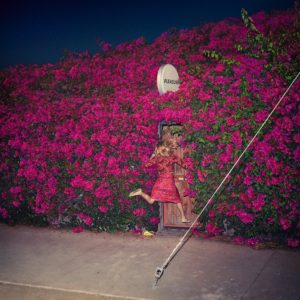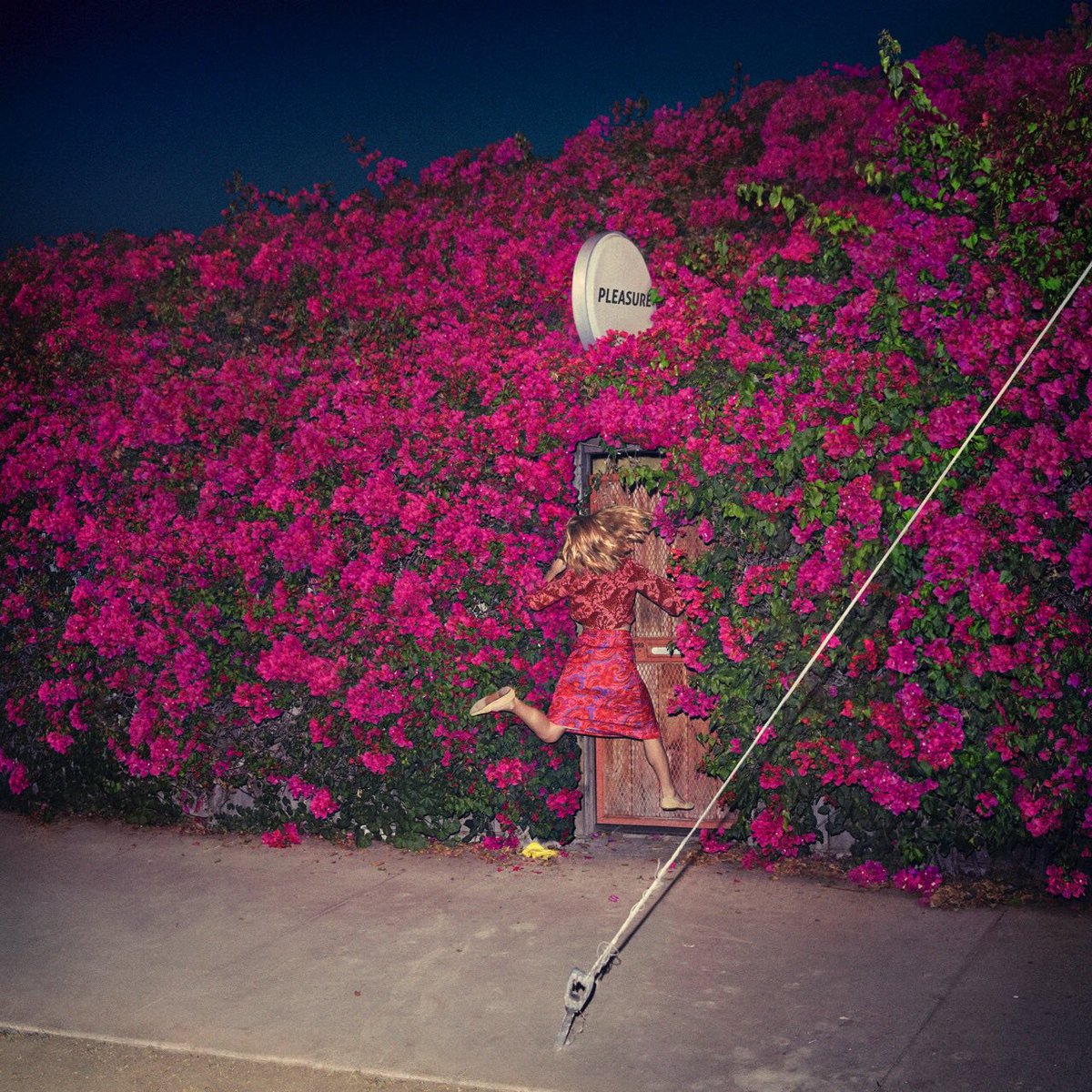Feist
Pleasure
INTERSCOPE/POLYDOR
7/10
Pleasure, Leslie Feist’s first album in six years, speaks to us from a place of solitude, and at times it aches with sadness and isolation. Even so, it is not a depressive album. It knows well the intimacy and romance of melancholy, and the music—even at its sad sack low points—is awash with hope and desire. It’s sad because she yearns to connect, and it’s enlivening because she knows that it’s possible—that intimacy can be sparked by something as simple as a song; that, as The Rolling Stones once told us, love is just a kiss away.
Beyond that, the album is ennobling for how it turns intimacy into an open invitation—something that’s laid out before us, as emotionally direct and available as any music Feist has yet made. This is a record that operates on the same level as Miles Davis’s In a Silent Way, beckoning us with whispers but occasionally thrilling us with a primal roar. Really, how else can one describe the bluesy guitar skronk that cuts through the loneliness of the title song, or the thunderous clatter of percussion that carries “Century”?
More often, though, the songs on Pleasure are quiet enough that you can hear the hum of the instruments, the static of the tape hiss. You can get lost in every little crack in Feist’s voice, which is always at the center of things—occasionally joined in wonderfully ragged harmony by the musicians, including Jarvis Cocker—in the room with her. The songs are mostly acoustic; they take their time to unfold, and are better for it.
Feist is casually virtuosic and quietly adventurous throughout, though you never get the sense that she’s pushing things just to push; rather, she sounds liberated from the more intricate orchestrations of 2011’s Metals, freed to make songs that are spare and open and deeply emotive.
Formally, she allows some of these songs to drift, to drone, to turn into trances or fever dreams—“I Wish I Didn’t Miss You” is a heart’s cry, “Lost Dreams” a voyage into the mystic—but she can also be tight and tuneful when the song calls for it. There’s a bit more of that blues guitar on “Any Party,” which turns a McCartney-styled sentiment (“I’d leave any party with you / ’Cause no party’s so sweet as a party of two”) into something that feels true—wistful and optimistic at the same time. Maybe she’ll find someone to hide away with or maybe she won’t—but through these hymns to solitude, a connection’s already been made.









